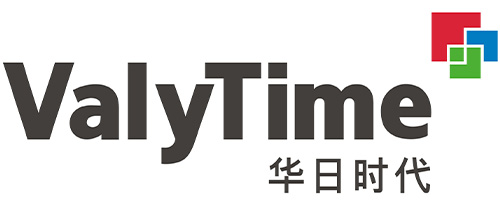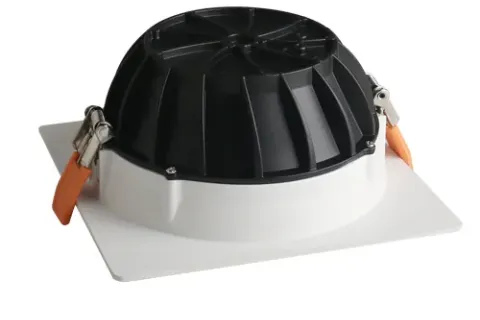An integrated LED downlight is a downlight that integrates various components, including the LED light source, driver, and cooling system, into a single fixture. Compared to traditional LED downlights, integrated LED downlights do not have separate light sources and driver. Instead, these components are designed and installed in a single body.
1. If you need even, overall lighting for a large space, or if you want a modern, minimalist design to complement your home decor, LED panel lights may be a better choice. 2. If you need focused, localized lighting, or if you require greater flexibility and easier installation, especially in smaller spaces with limited ceilings, LED downlights may be more suitable.
One of the most direct differences is the type of light source. LED downlights use LEDs exclusively as the light source, while recessed lights can use a variety of different light sources. Traditional recessed lights often use halogen lamps, incandescent lamps or fluorescent lamps, but with the development of LED technology, more and more recessed lights are beginning to use LED light sources.
LED downlights usually have a larger beam angle, usually between 60° and 120°. This means that they have a wider range of illumination, can illuminate a larger area, and provide uniform light distribution In contrast, LED spotlights have a smaller beam angle, usually between 15° and 45°, and focus on concentrating light on a specific area or object.
If your LED downlight is a removable bulb type, the disassembly steps are relatively simple. Usually, the bulb of the LED downlight is fixed to the lamp holder by a clip or thread. Gently twist or press the clip to remove the bulb from the lamp holder.
Places that are not suitable for installing LED lighting downlight include: 1. Wet or high humidity environment 2. High temperature or extreme temperature environment 3. Too low ceiling space 4. Frequent switching scenes 5. Places that require extremely strong light output 6. Art galleries or special exhibition spaces 7. Direct exposure to strong impact or vibration environments
IP65 means dust protection level 5, which can completely prevent dust from entering; waterproof protection level 5, which can prevent water jets from entering the lamp. IP65 downlights are significantly more waterproof than IP44, and can withstand greater water pressure, making them suitable for installation in wet areas of the bathroom, especially those with heavy moisture.
In the lighting industry standard, the UGR value is an important indicator to measure the glare performance of lamps. The lower the UGR value, the less glare and the higher the visual comfort. Most ordinary LED downlights have unoptimized UGR values, which are often above 22, while anti glare led downlights use professional optical design to reduce UGR to 19 or even below 16.
In general, the manufacturing cost of LED recessed lamps is higher than that of traditional halogen or fluorescent recessed lamps, but compared with LED downlights, their cost is usually slightly lower, especially when complex heat dissipation systems and high-efficiency LED chips are not used.
LED lighting downlight refers to a cylindrical embedded lamp that uses LED light source as lighting. It is generally installed on the ceiling or other blank positions where light source is required, and the light is irradiated downward through the outer shell of the lamp.
·IP44 protection level: Applicable to dry areas of the bathroom, such as areas near the washbasin and mirror that are not directly exposed to water. ·IP65 protection level: Applicable to wet areas of the bathroom, such as shower rooms, above bathtubs, and other areas that may be directly exposed to water flow or water vapor. ·IP67 or higher protection level: Applicable to extremely humid environments, such as outdoor bathrooms or places that need to be completely immersed in water.
● LED downlight: Usually embedded in the ceiling, the lamp is not exposed after installation. ● spot light: usually installed independently, the light beam can be directed by adjusting the angle of the lamp. ● track light: installed on a long track, the lamp head can slide freely and adjust the direction.












